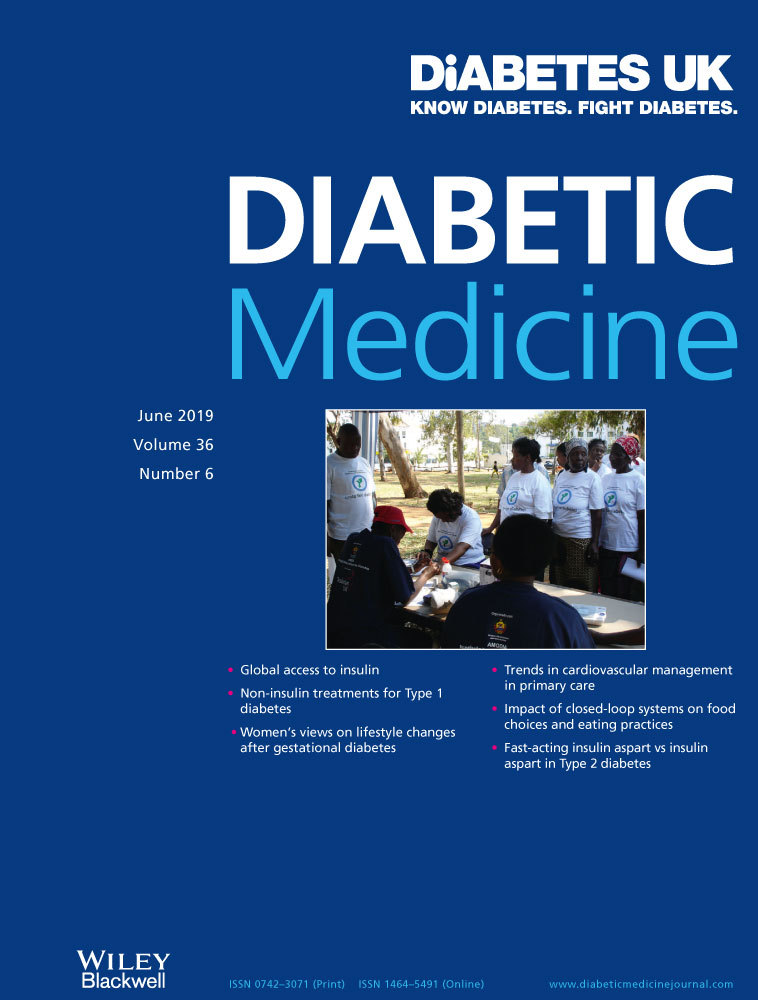Trends in cardiovascular management of people with diabetes by primary healthcare nurses in Auckland, New Zealand
Abstract
Aims
The study aim was to re-examine current work practices and evaluate time trends in the cardiovascular management of people with diabetes consulted by primary healthcare nurses in New Zealand.
Methods
Primary healthcare nurses in the Auckland region were surveyed in 2006–2008 and 2016, with about one-third of practice, home care and specialist nurses randomly selected to participate. Nurses completed a self-administered questionnaire about demographic and workplace details, and a telephone interview about clinical care provided for people with diabetes during nursing consultations. Information was collected on a representative sample of people with diabetes consulted on one randomly selected work-day in the previous week.
Results
Of all people with diabetes consulted by nurses, practice nurses consulted significantly more in 2016 (83%) compared with 60% in 2006–2008, whereas specialist nurse consultations decreased from 23% to 8% (P = 0.01). In 2016, in people with diabetes, BMI was higher, and total cholesterol lower, yet the proportions of those receiving lifestyle advice (dietary and activity) remained unchanged from 2006–2008 levels. Smoking prevalence in people with diabetes was unchanged between the two surveys, although more people were asked if they wished to stop in 2016 compared with 2006–2008 (98% vs. 73%). In 2016, hours of nurses’ diabetes education were associated with increased routine assessments of risk factors in people with diabetes and checking laboratory results.
Conclusions
Practice nurses are undertaking an increasing proportion of diabetes consultations. Although BMI in people with diabetes is increasing, the proportion of nurses offering lifestyle advice remains unchanged. Increasing diabetes education could strengthen the management of people with diabetes by community nurses.




